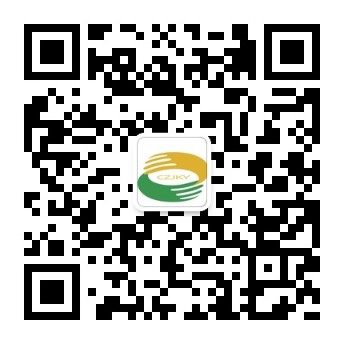例一:
In a classroom in any countries, the teacher teaches more than art or history or language. He or she teaches something behind the culture (文化) of the country.
In a country such as the
In most Asian countries, people have the same language, history and culture. Perhaps for this reason, the education there pays more attention to group goals than personal ideas. Children in
In many ways these differences come from different educational ideas. In Western countries teachers are taught to help students to learn. They make it easier for the students to learn by themselves. In some Asian countries, however, teachers often feel that their job is to pass knowledge to students.
根据短文内容填写表格。
Differences in the education
| In the | In most Asian countries |
| The students work and find answers by themselves. | The students have to remember 1.___________________ |
| Students often arrive at an answer by 2.__________________________. | The students repeat rules they have been taught in order to keep them in mind. |
| The teachers’ job is to 3.___________________________. | The teachers’ job is to 4. ____________________________. |
| The education encourages 5.____________. | The education pays more attention to 6._________________________. |
1. a lot of information 2.discussing 3. help students to learn 4. pass knowledge to students 5. personal thoughts 6. the group goals than personal ideas
例二:
Stephen Hawking was born in 1942. He’s a world famous scientist and expert on space and time. Stephen is trying to find the answers to some very big questions such as: How did the universe begin? How will it end?
Stephen was a student at University. He studied math and science. Then ,at the age of twenty .he became very ill .He was so young ,but the doctors said to his family ,” He has only two more years to live,” The doctors were wrong —he didn’t die. “He can’t walk now but he used a wheelchair(轮椅). He talks with the help of a computer. After
Because of his health problems, it was difficult for him to draw diagrams or to write .So he started to think in pictures. With this new way of thinking, he became one of the most famous scientists in the world. In1981, he met the Pope (教皇)in Rome .They talked about his ideas. Then in 1988, he wrote his first important book, A Brief History of Time. It sold more than 5.5 million copies (册) in 333 different languages.
根据短文内容完成下列句子。
1. Stephen Hawking studied in _____________________ universities and got a doctor degree of philosophy in 1965.
2. He has been researching into __________________________.
3. When he was 20, his disease was so serious that the doctors said____________________.
4. Although he can neither ___________________________________, he doesn’t give up.
5. Thinking in pictures made it possible for him to _________________________________.
6. From Stephen Hawking’s life experience we can learn that __________________________.
1. two/Oxford and
例三:
According to the Center for Disease Control and Prevention(CDC)(疾病控制预防中心),if you don’t often wash your hands, you can pick up viruses (病菌) from many places and make yourself ill. You’re at risk every time you touch your eyes, nose or mouth. In fact, one of the most common ways people catch colds is by rubbing their noses or their eyes when there are cold viruses on their hands. If you don’t often wash your hands, especially when you’re sick, you may spread the viruses directly to others. You should wash your hands in the following situations:
● After using the bathroom.
● After blowing your nose or coughing.
● Before eating, serving or preparing food.
● After toughing pets or other animals.
● After visiting anyone who is sick.
● When your hands are dirty.
There’s a right way to wash your hands. Follow these simple steps to keep your hands clean.
● Use warm water (not cold or hot).
● Wash for 15 seconds.
● Rinse(冲洗)well under warm running water and dry them with a clean towel.
根据短文内容回答下面问题和完成句子。
1. What’s the way to protect against the spread of illness?
2. What water shall we use to wash our hands, cold water or warm water?
3. How long is needed to wash your hands?
4. According to the passage, you must wash your hands before having _______________________, after using__________________ and visiting _________people.
1. To wash our hands. 2. Warm water 3. 15 seconds 4. serving or preparing food; using the bathroom; sick

